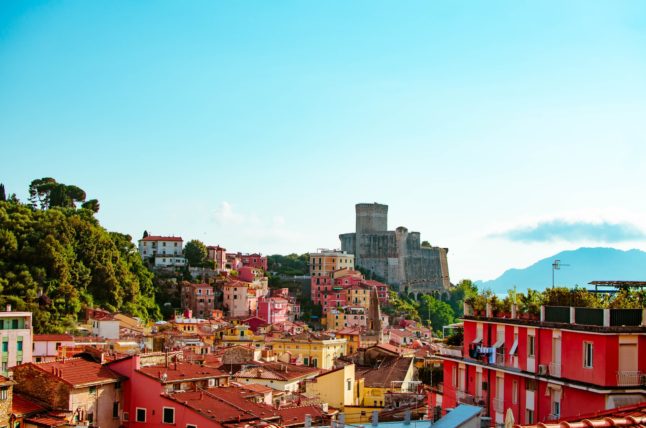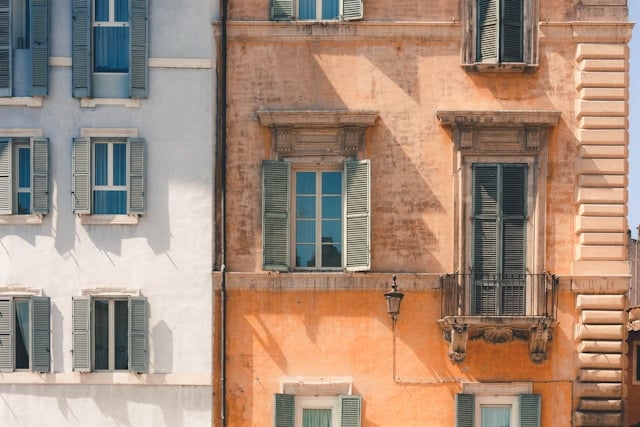Searching for the right property in Italy involves a balancing act of location, price, convenience and how much, if any, restoration work needs to be done.
Budget usually tops the list for house-hunters, narrowing down the number of potentials for making your move to or within Italy.
If the entire country is your blank slate, here are the areas in Italy that rank as the most expensive – and desired – according to data from property portal Idealista for the first quarter of 2022.
The report ranks the top 100 municipalities according to popularity, based on those listings generating the most leads (email contacts and shares) and those where the average final sale price is highest.
READ ALSO: How bargain homes made one Italian town €100 million in two years
Taking the top spot for the most expensive place to buy in Italy is Pietrasanta in Versilia, in the province of Lucca, which the researchers also state holds first place in the top 100 most expensive places to rent a house too.
This area includes the playground of the rich, Forte dei Marmi, where the average selling price of a house is over half a million euros (€541,351).
The table below shows the full ranking.
In second place is Alassio, in the province of Savona, where homebuyers will on average shell out €467,019 for a residential property (again, valid for the first quarter of 2022).
Venice comes in at third place, where the average asking price is €433,640.
READ ALSO: EXPLAINED: The hidden costs of buying a home in Italy
In the top 10 spots, the report noted that the most expensive properties are in tourist resorts, possibly driven by those wanting second homes in popular locations.
Such locations include Lerici, Riccione, Desenzano del Garda, Camaiore and Cervia, while the cities of Florence and Milan, where average sale prices exceed €350,000, have also made the top 10.
The study revealed that the final average price of a house for sale in Rome is €273,341.
Researchers also looked at popularity of locations, based on pressure of demand on supply across Italy.
Bologna topped the charts, making it the city with the highest number of contacts per advert (4.7) of houses for sale published on idealista. Cagliari followed in second with 3.8 contacts per advert and Milan (3.4 contacts per advert). Trieste, Naples, Rome, Salerno, Brescia, Verona and Lecce also made the top 10.
READ ALSO: 15 insider tips to make living in Bologna even better
Here’s a selection of the most popular places to buy in Italy based on the report data, narrowed down to the top 20.
See more in The Local’s Italian property section.



 Please whitelist us to continue reading.
Please whitelist us to continue reading.
Member comments